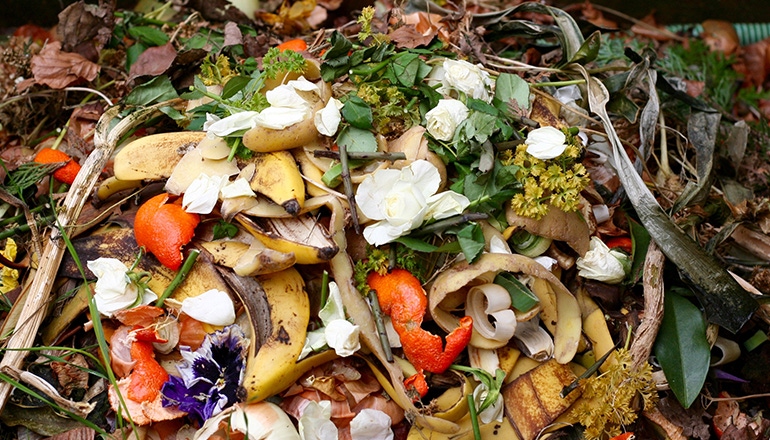The Oneida-Herkimer Solid Waste Authority has completed construction of a new Food2Energy/Source Separated Organics Processing Facility.

The Oneida-Herkimer Solid Waste Authority (OHSWA) in Utica, N.Y., announced it has completed construction of a new Food2Energy/Source Separated Organics Processing Facility. The facility will provide for the recovery of food scraps in order to divert the waste from the regional landfill and turn it into energy.
The $3.4 million facility is located at the authority’s Utica location and will provide feedstock to Oneida County’s Water Pollution Control Plant’s (WPCP) new anaerobic digestion system.
Through OHSWA’s new organics diversion program, Food2Energy, participants will be able to deliver bagged and packaged source separated organics (SSO) to the authority’s processing facility, where packaging will be separated from food scraps. Recovered food scraps will then be sent to Oneida County’s WPCP, where it will be turned into energy via anaerobic digestion.
Examples of source separated organics include grocery store bakery and produce waste, institutional cafeteria and restaurant waste and food production waste. The SSO Processing Facility will begin accepting organics waste from large generators (i.e. colleges, hospitals, grocery stores), as well as voluntary disposal from smaller generators and residents.
“The authority has continually evaluated options for organics diversion to find a practical and economical solution to integrate into its existing solid waste management system. It is the authority’s goal to be proactive in terms of diverting waste and preserving our region we call home,” said William Rabbia, OHSWA executive director, in a statement. “Food2Energy is another example of that.”
Food2Energy provides an economic incentive for large generators to participate in the program. The tipping fee for garbage in Oneida and Herkimer Counties is currently $62 per ton. The tipping fee for SSO is $40 per ton.
In addition to the economic and environmental benefits, Food2Energy aims to provides the region with the infrastructure to be ahead of the curve when it comes to an organics mandate. In April, New York State passed legislation requiring large generators of organics waste (producing at least 2 tons per week) to divert the material from regional landfills through waste reduction, donation or delivery to a certified anaerobic digestion or composting facility (if such facilities are within 25 miles of the generator). The new mandate will take effect January 1, 2022.
“We designed the program to succeed with or without a mandate, and we are able to provide an economic incentive of $22 per ton. Generators who fall under NYS’ new mandate will have a cost-effective, efficient option,” said Rabbia.
Oneida County Executive Anthony J. Picente said, “This is another great example of the benefits of thinking regionally. The implementation of Food2Energy is something county businesses and residents should be proud of.”
About the Author(s)
You May Also Like


